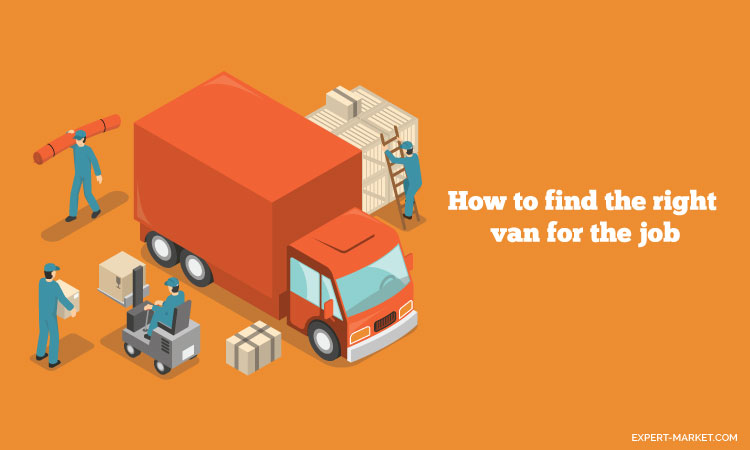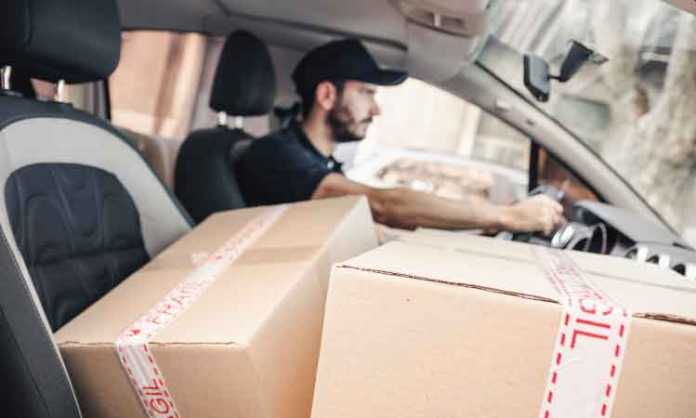Whether it’s a small roofing business or the local catering service, the importance and convenience of having a work van cannot be overstated. But if you’re still weighing up which van to purchase, or you’re thinking of trading in your current vehicle to buy a bigger van as your trade increases, we have a guide to help you make the right choice.

Understand Your Van’s Payload Capacity
The term ‘payload’ is sometimes used to refer to the load or the cargo weight you’re paid to transport, but that isn’t entirely accurate. Even if you aren’t delivering anything in the van, but are simply carrying the tools necessary for the services you provide, those tools make up your van’s payload, along with the weight of the driver and the passengers.
In other words, anything besides the weight of the vehicle that the engine needs to pull is considered the vehicle’s payload. This includes anything and everything from the weight of the driver to the van’s total fuel weight.
The reason this matters is that your van will have a maximum payload capacity, and if you exceed this by overloading the vehicle you run the risk of incurring a fine from the DVSA.
Calculate the Payload Capacity
To calculate the payload capacity of any van you simply deduct the total weight of the empty van (known as its ‘kerb weight’) from the Gross Vehicle Weight Rating for that make and model of vehicle.
Carrying cargo in excess of the calculated payload is not just dangerous, it also runs the risk of invalidating your van insurance policy.
Consider the Load Type
Beyond choosing a van with a maximum payload capacity that meets your business needs, the specific nature of the loads you plan to carry will influence which van you decide to buy. For instance:
- If the load is temperature-sensitive (food, ice, etc.) you will need to opt for a refrigerated van
- If the load is extremely heavy, side access for fork-lift trucks will be necessary
- If you plan to transport livestock or other living cargo the van will need to be properly ventilated
Consider the Cost of Insuring the Van
While larger vans with heavier chasses and more powerful engines will often have bigger payload capacities, it’s important to weigh up the cost of insuring the vehicle before you buy it. Bigger, more powerful vehicles usually fall into a higher insurance group, which means they can cost quite a bit more to insure, so you should only opt for this type of vehicle if you’re certain you need one with a bigger payload capacity.
Of course, whichever van you decide to buy, you should use a comparison site like Quotezone in order to compare van insurance quotes, which will increase your odds of finding a suitable policy at a fair price.
Consider the Pros of Leasing
Leasing is a great option for businesses because they do not have to pay extra maintenance costs after the initial years of ownership pass and the van begins to wear down. Buying a vehicle is also an investment that turns into a depreciating asset, which makes little sense in a business setting.
Now that we have discussed the main guidelines regarding how to choose the right van for the business and even find the right type of insurance, that’s about it and you are now ready to make an informed choice.

































